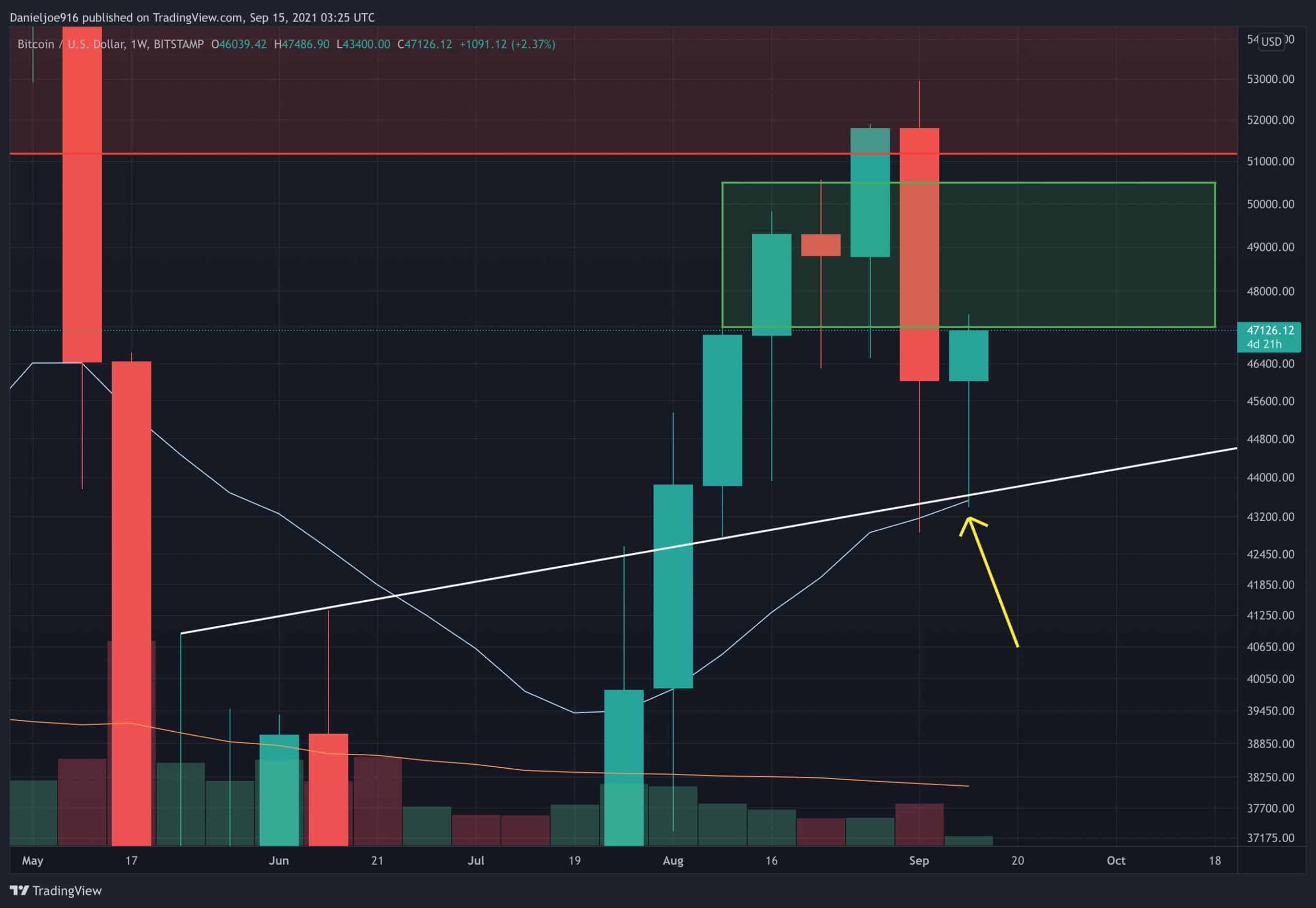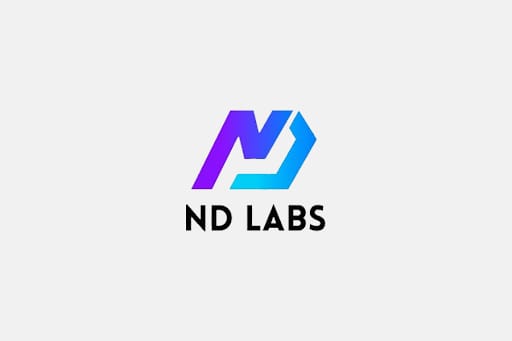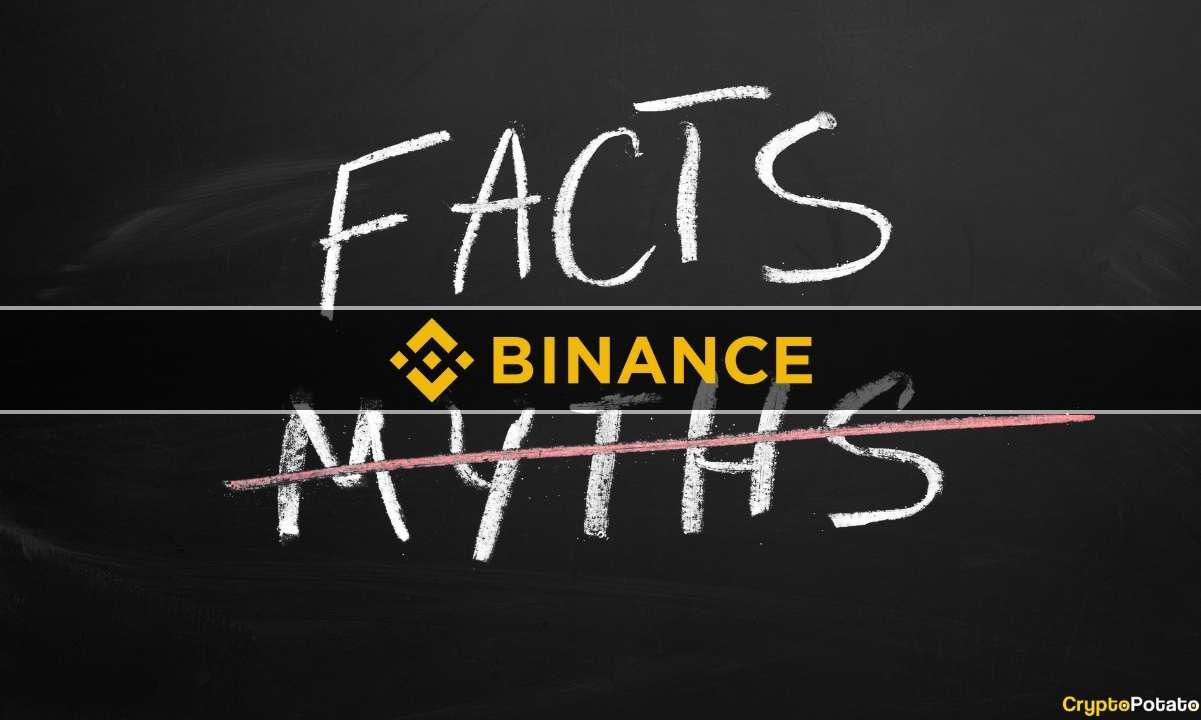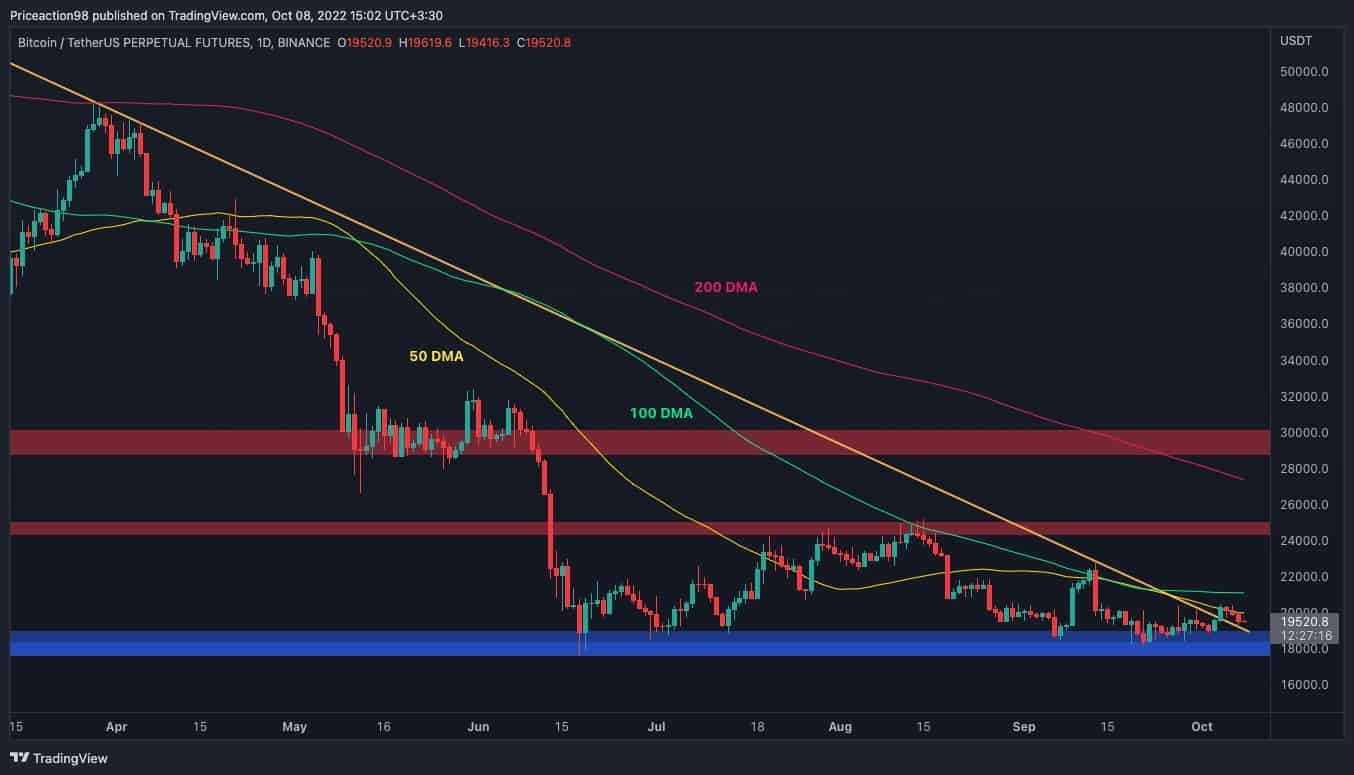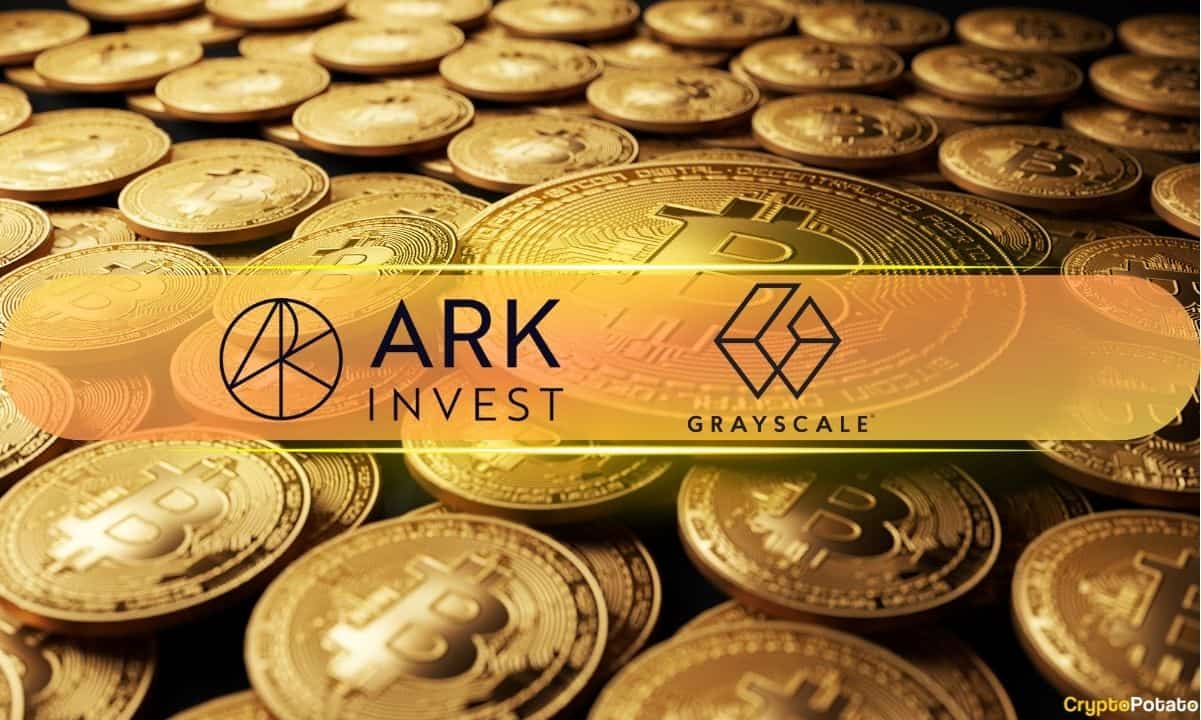Polis Turns 4-Years-Old and Increases Focus on Decentralized Finance Opportunities
[PRESS RELEASE – Please Read Disclaimer]
The Polis project turns four years old and provides a much-needed alternative to high transaction fees and slow network blocks. PolisPay, an up-and-coming service at the heart of the Polis ecosystem, will facilitate the exchanging and storing of cryptocurrencies or buying gift cards that result in bringing advanced technology to payment systems. The Polis ecosystem keeps growing by leaps and bounds and will tackle the decentralized finance space next.
Polis has achieved numerous milestones over the past years. The project has come a long way and now provides many features, products, and solutions. For example, the Polis ecosystem includes hardware wallet support, allowing users to exert governance rights, stake, and unlock weekly rewards.
A side chain like the Olympus Network, which provides lower gas and faster blocks, thrives thanks to a growing variety of decentralized applications (DApps). Notable examples include Hades Swap, a community-driven DeFi hub – Gnosis Safe – a digital asset management solution – and yield farming information. The network is fully compatible with the MetaMask wallet, which is accessible through browsers and mobile devices.
One of the upcoming features to look forward to is PolisPay. It serves as a wallet providing various crypto-related features, including exchanging and storing crypto assets, buying gift cards, and topping up cell phone balances.
Another significant milestone of the project, with DeFi focus, is the recent partnership with passport.meter.io. Meter’s passport bridge connects the Olympus Network to the Binance Smart Chain to facilitate DAI asset transfers between the two chains. Moreover, the partnership plays a crucial role in enhancing the liquidity on the Olympus Network and the Hades Swap decentralized exchange (DEX). Hades Swap provides various liquidity pools and trading pairs already.
The Polis team is pursuing more partnerships over the coming months as well as further listings and DApp development to bring this ecosystem to the forefront of developers’ and crypto users’ attention.
About Polis
Polis is the main asset on the Olympus Network. It allows users to pay for transaction fees, as well as transfer value stored in Polis within the network. Olympus is EVM-compatible, meaning developers can build applications that make use of smart contract technology and migrate them from competitive networks such as Ethereum.
Polis is governed by a decentralized autonomous organization (DAO) which elects five managers responsible for the project’s operation and strategic vision. Any member of the Polis community can vote for each of the positions as well as put forward and support specific proposals and help direct the project’s future.
At its core, Polis has adopted a community-driven approach to creating new technology to promote widespread cryptocurrency and decentralized ledger adoption.

